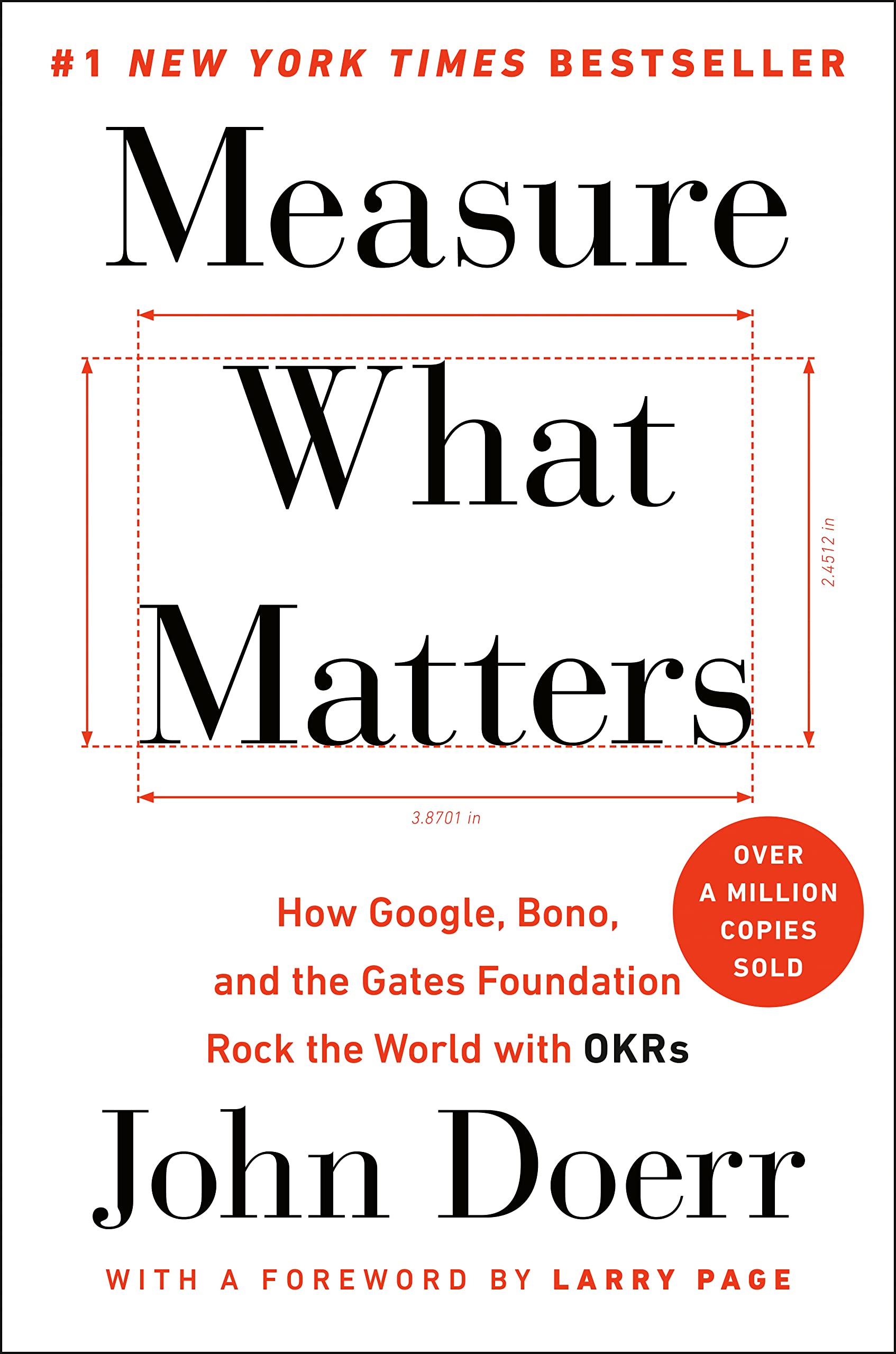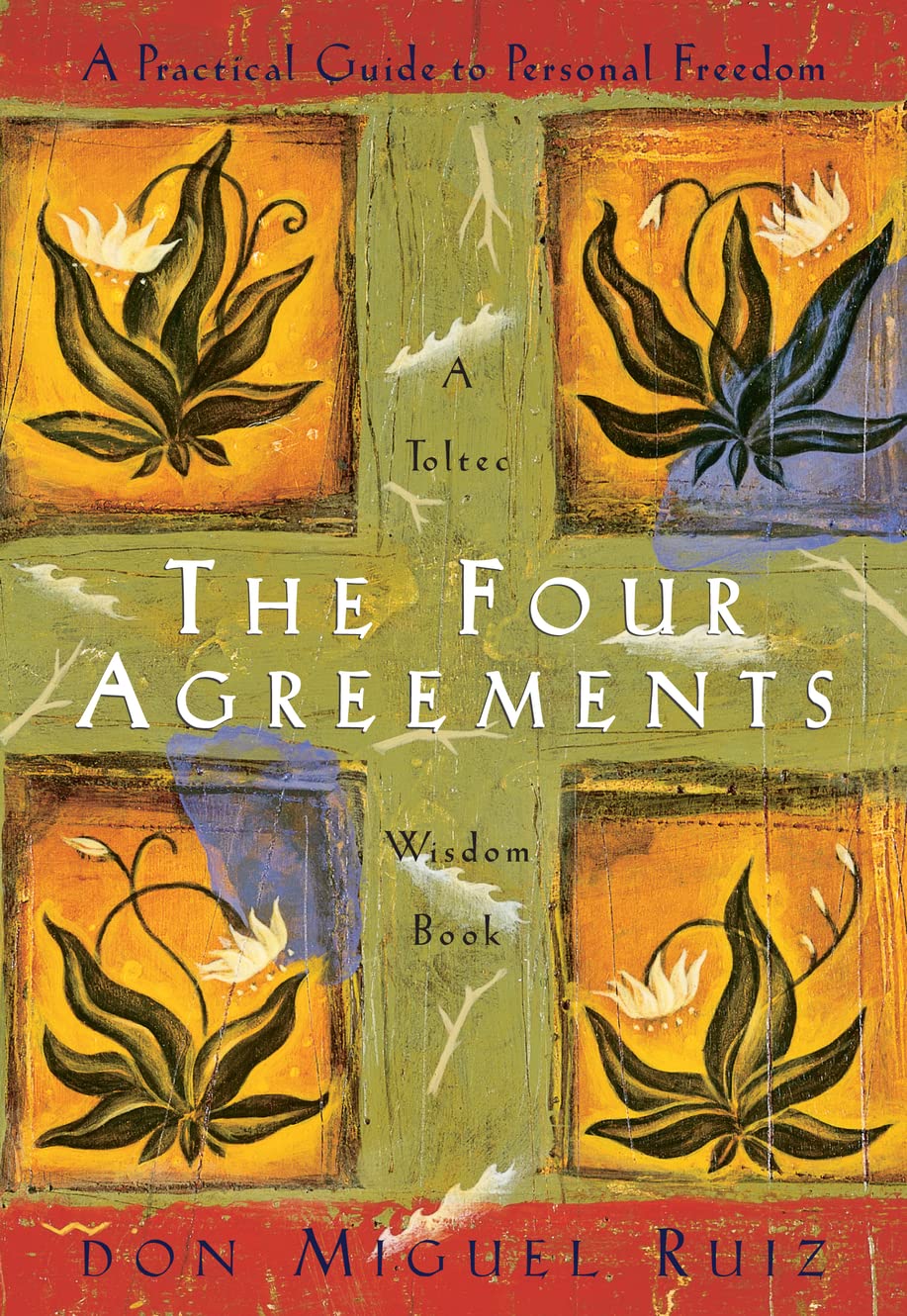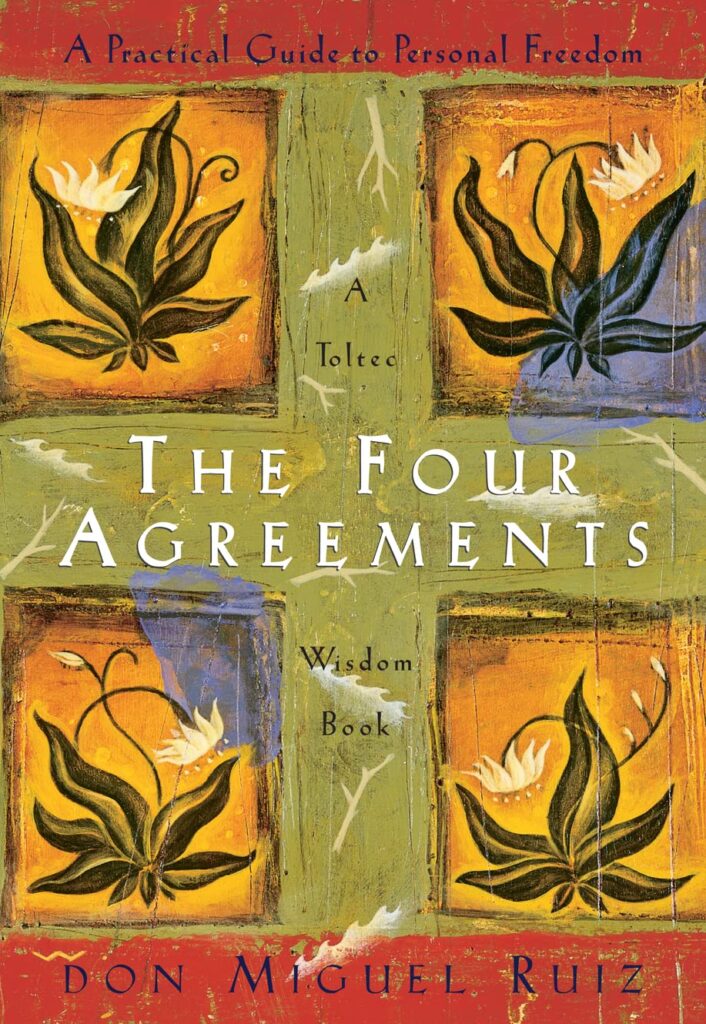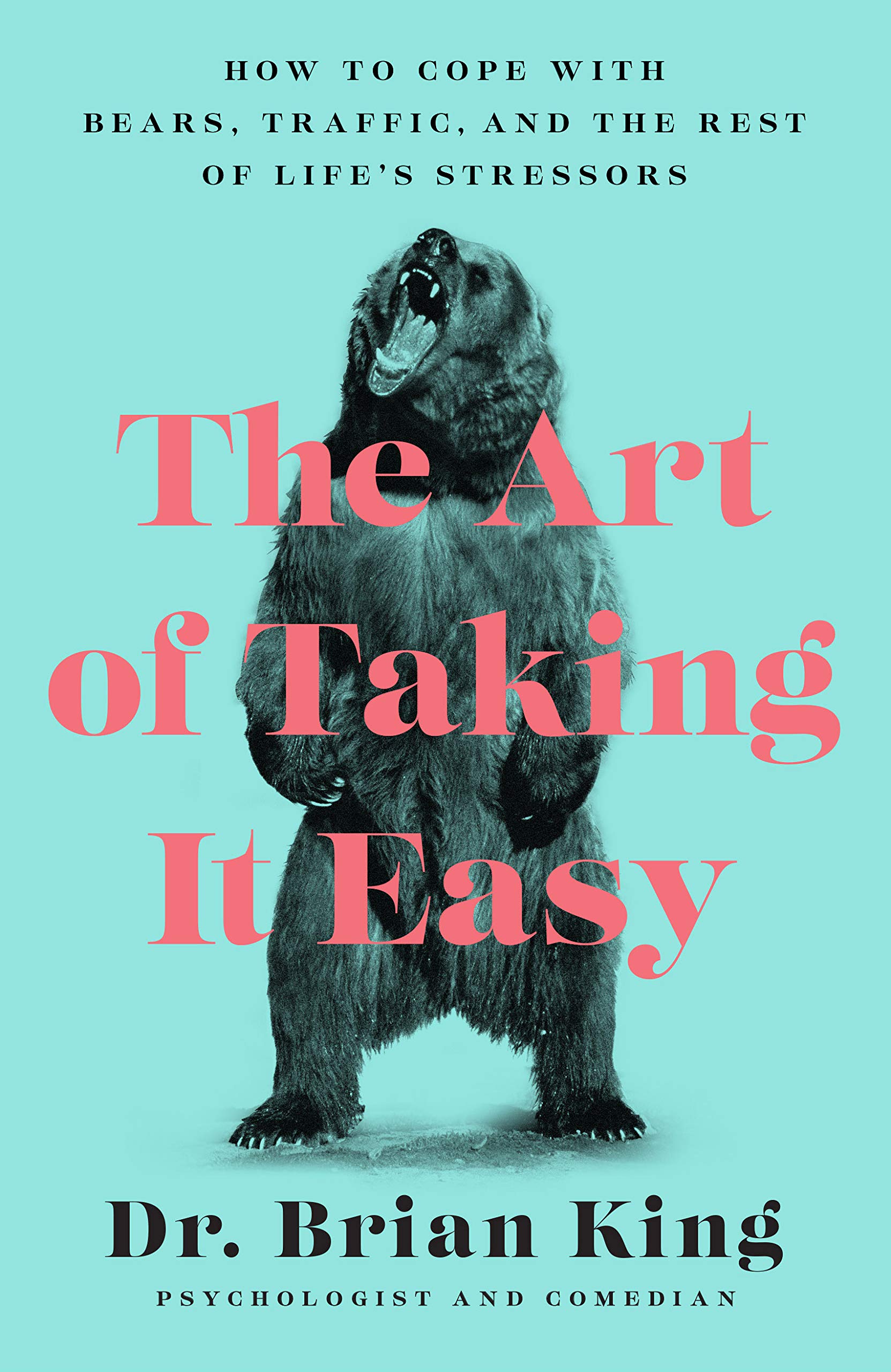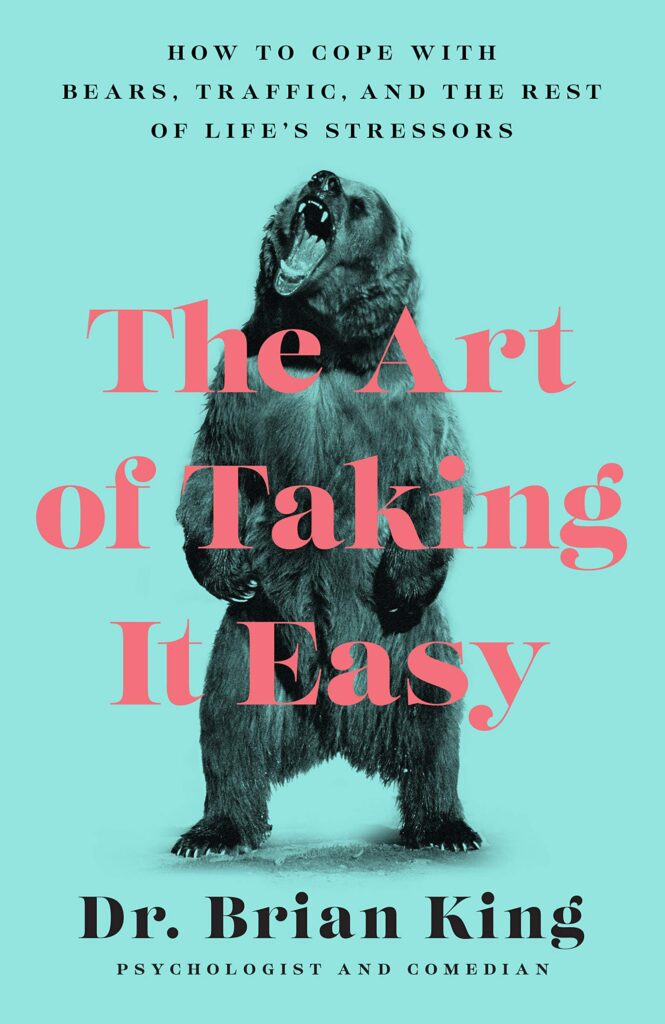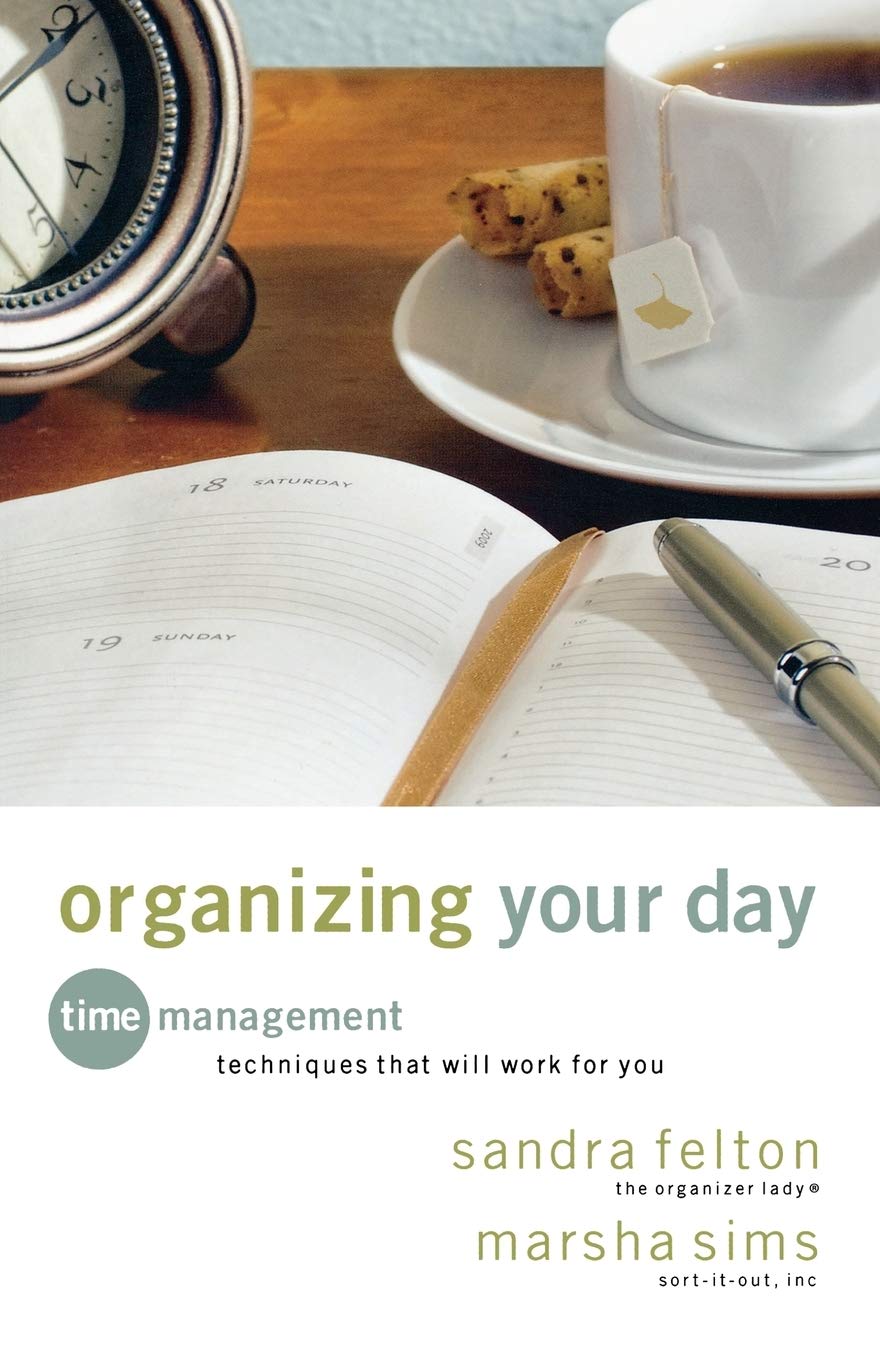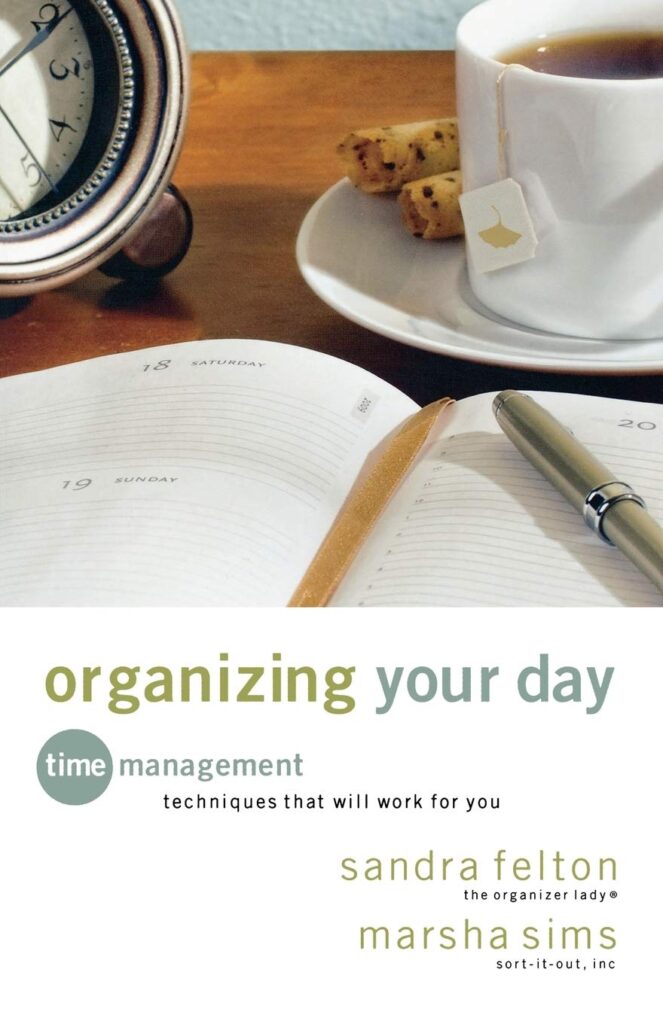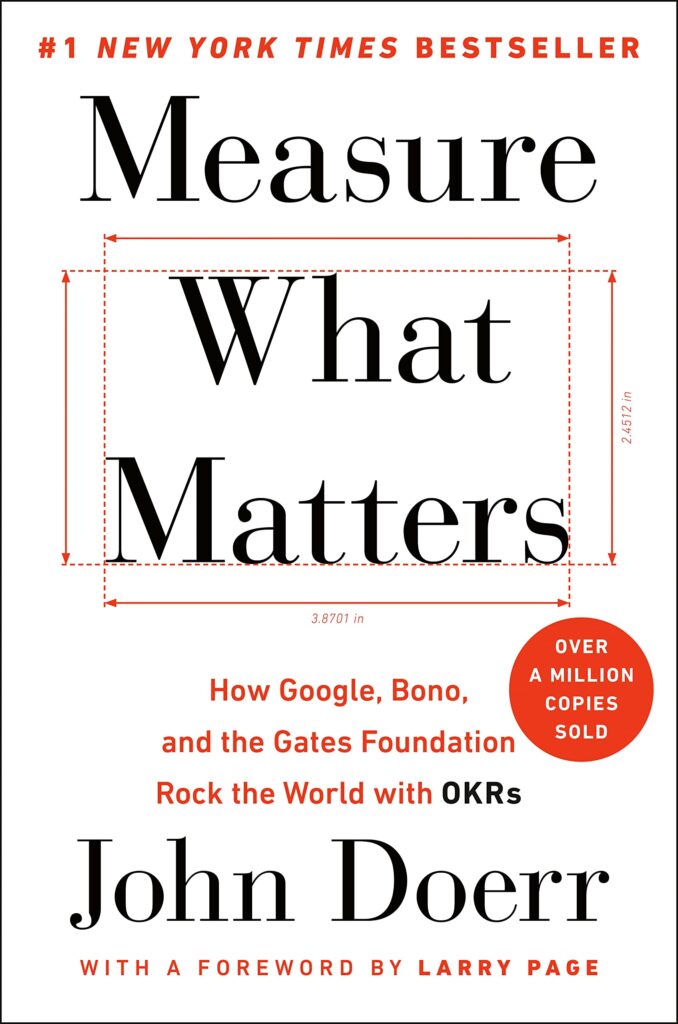
So I’ve had bad luck with business books that are recommended by CEOs and by the people I work for in general. So what about a business book about something that is pertains to something that has been a bit of a pain point and of particular interest to me?
This book is almost entirely about something called OKRs: Objectives and Key Results. This is a pretty straightforward concept in terms of metrics that measure success. You decide on an objective (We are going to be the best at thing) and figure out what will happen in order for that to be true (NPS score you will hit (Do not ask me about NPS, I will rant at you for an hour), number of purchases, conferences attended, etc.) and then use that as a bit of a guide for the future. Everything you work on should be towards moving those numbers closer to success.
I will admit that I read this in large part so that I could find something to throw at some of my coworkers who are a little new to the world of measuring success, and I think this is a nice foundational look at how OKRs could be used and integrated, as well as making the case of them being a successful methodology.
And, you know, I can use them for some of that life stuff.
It does absolutely make them seem like the only solution as opposed to part of a more robust strategy, but it’s a good starting point. Overall, good read, a lot better and significantly more practical than most business books out there.
